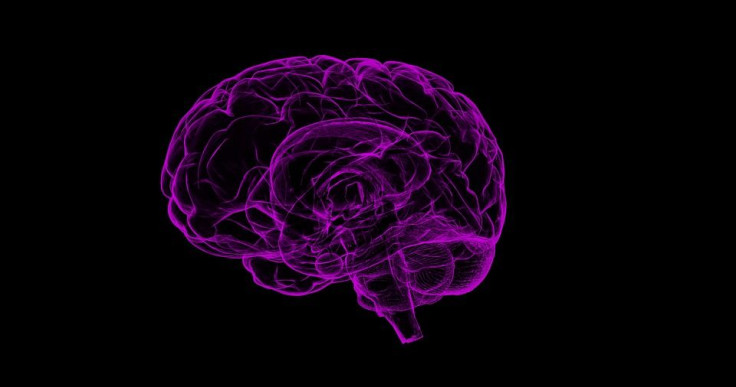Autism And Pain Sensitivity Relationship Revealed In Brain Scans

Those with autism spectrum disorder (ASD) are anecdotally known to be sensitive to pain, but now new research suggests a link between the two.
In an effort to understand pain perception among high-functioning adults with ASD, a team of researchers studied participants’ brains to figure out what’s going on when they anticipate and feel pain sensations. Similar to previous studies, the researchers found that people with ASD are often hypersensitive to pain. In addition, a new finding was identified in regards to a certain area of the brain that helps encode anticipation of pain, called the anterior cingulate cortex (ACC). The study revealed that when those with ASD anticipate pain, their brains experience more response in the ACC, compared to those without the disorder.
Read: First Signs Of Autism: How To Recognize Spectrum Disorder And Earliest Effective ASD Interventions
“This provides some of the first evidence that links pain perception to social function in ASD,” lead study author Dr. Xiaosi Gu said in a statement. “Most experiments on ASD focus either on the social dysfunction aspects or the sensory dysfunctions aspects. But very few studies have looked at them both.”
The study, funded by the National Institutes of Health and published in the European Journal of Neuroscience, involved a group of participants who received mild electrical shocks through stimulation devices. They were given shocks while they were inside an MRI scanner, so that researchers could monitor brain function and physical responses that occurred before and during the pain.
Read: Autism Research 2017: Certain Vitamin, Mineral Deficiencies During Pregnancy May Increase ASD Risk
Another finding showed that those who had greater amounts of brain activity during pain anticipation had lower scores on the Empathy Quotient (EQ). The EQ is a widely-used psychology questionnaire that measures how strongly you are affected by other people’s feelings and how easily you determine other people’s feelings. The questionnaire includes statements such as, “I find it difficult to explain to others things that I understand easily, when they don’t understand it the first time.” Respondents then choose from one of four options, ranging from “Strongly agree” to “Strongly disagree.”
Gu noted that people with autism usually have low levels of empathy. Furthermore she points out that the study results indicate that anticipating pain is related to the lack of social involvements those with autism exhibit.
“The risks of encountering pain are part of daily life and are normal for non-ASD individuals, but may be overwhelming for autistic people,” Gu said. “Therefore, one possible explanation of our finding is that to protect themselves, individuals with ASD may not engage in social interactions as much.”
See also: Autism Awareness Month: 25 Surprising ASD Facts To Help You Deal With Autism In Children And Adults
Published by Medicaldaily.com



























